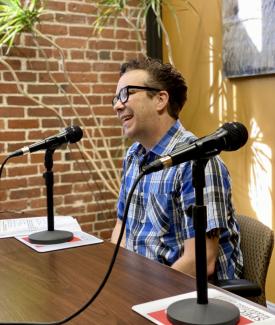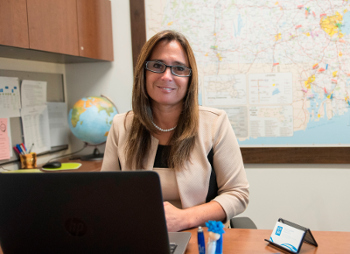Do you have a question about JRI services?
Helping the healer when their work unearths old symptoms of trauma
Adam Edwards cares about the caregivers.
As Justice Resource Institute’s Training and Instructional Design Specialist, he supports JRI staff as they care for some of the over 10,000 children and adults who are clients of the more than 120 programs JRI operates in Massachusetts, Connecticut and Rhode Island.
Edwards notes that about 85 percent of all people in helping professions — including health and human service workers, first responders, health care workers and educators — report experiencing symptoms of vicarious trauma. That means they are impacted by the work and often times also share some of the physical, mental and emotional symptoms experienced by the clients with whom they work.
It’s a type of burnout that can occur when our physiological systems become overwhelmed. It might take the form of sleeplessness, depression, anger or melancholy in a helping professional’s career, the result of years of caring for clients and communities who have been impacted by trauma.
But what about those helping professionals who not only hear about the trauma of other people but who themselves suffered sexual abuse, domestic violence or neglect, or who experienced the effects of homelessness or drug or alcohol addiction in their own lives or within their families?
Those are the people who Edwards, himself a survivor of childhood sexual abuse, says have had a “first-person encounter with trauma and carry that experience into their work helping other people.”
Edwards’s goal is to help create a space where they can recognize, prepare for and manage the associated physical, mental and emotional impact of their own trauma that might be unearthed while helping others.
There is a perceived risk for some of these staffers in stepping forward that they may experience stigma, personal and professional scrutiny, uncertainty and fear. Edwards describes what he does as helping those “wounded healers” when they need support and assistance to be able to continue their work with JRI’s clients, while taking care of themselves and building their own resilience.




